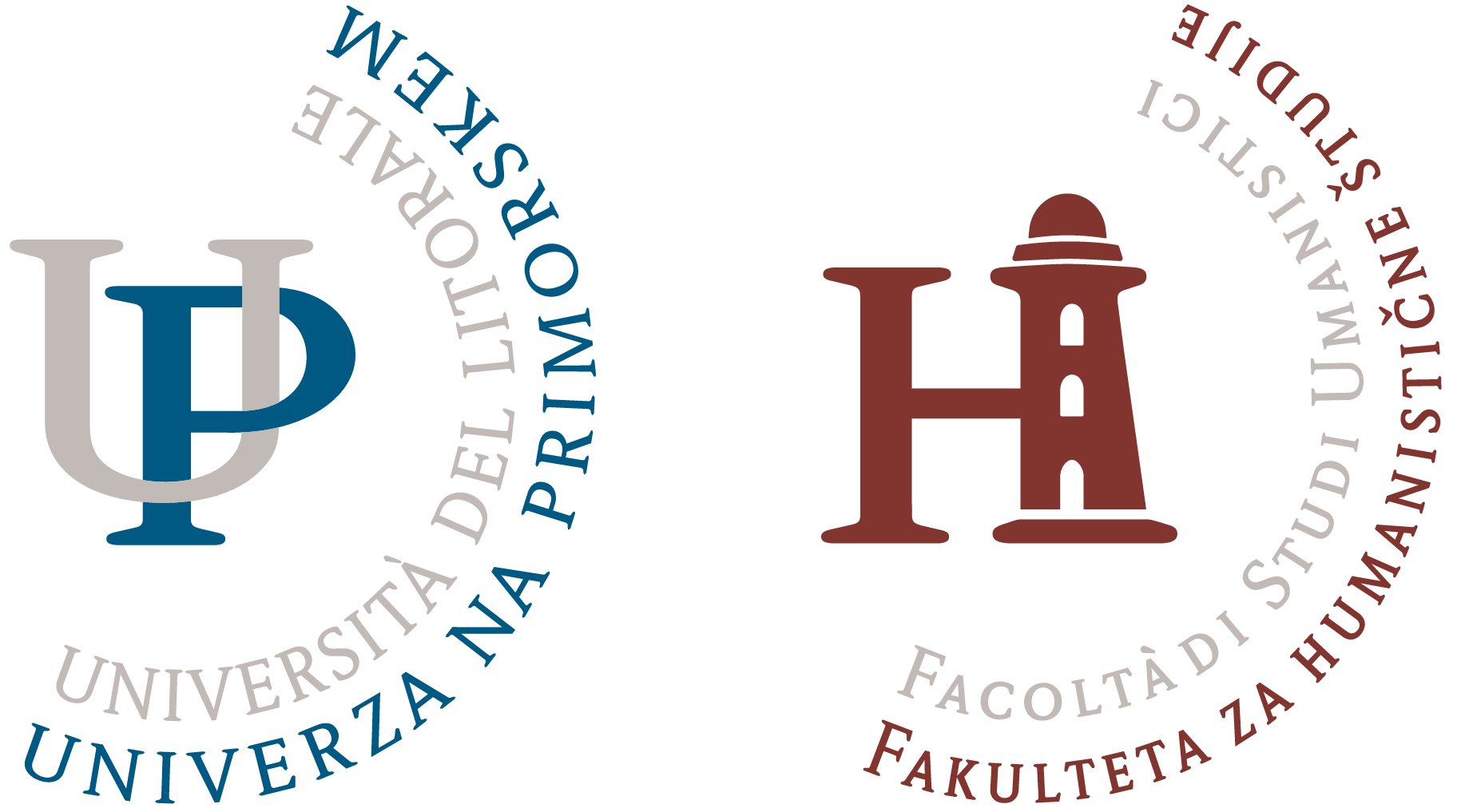The lecture will be held within the UNESCO Chair of interpretation and education for enhancing integrated heritage approaches at UP FHŠ in cooperation with the Škocjan Caves Park and within the course Intangible Heritage on Heritage Tourism. It will be implemented in a hybrid form and face to face in the Conference Room on UP FH or on-line by: https://upr-si.zoom.us/j/84671787486
Lecture description: Under the surface of our societies, there are thousands and thousands of stories that could add shades and details to a black-and-white picture of historical events. But many of these stories are too personal, too difficult or even too traumatic to share, and mediation and transformation are needed to display them to a broader public in a safe manner. To do so is critical, as experiences not adequately addressed can become secrets, which have long-term consequences not only for the time witnesses themselves but also for the generations to come. In this lecture, I will argue why integrating a multiplicity of voices, including those about unpleasant, traumatic experiences of a troubled past, is crucial for healing processes within disturbed societies and how this could be approached. The lecture will be held in English.
Dr Kathrin Pabst is a German ethnologist, researcher, Chair of ICOMs International Committee on Ethical Dilemmas, IC Ethics, who is currently on leave from her position as Head of the Scientific Department at the Vest-Agder Museum in Kristiansand, Norway, to lead “Identity on the Line,” a EU-cofunded, large-scale cooperation project working with the long-term consequences of migration and intergenerational transfer of trauma. In addition, she is in charge of a new research project about the long-term consequences of the Untold, financed by the Arts Council Norway.
Pabst has broad experiences in both practical and theoretical sides of working with challenging, sensitive or taboo-related subjects and personal narratives and holds a PhD in professional ethics. Her doctoral dissertation focused on moral challenges museum employees might face when working with sensitive or challenging topics.
Kind regards,
Katja Hrobat Virloget

